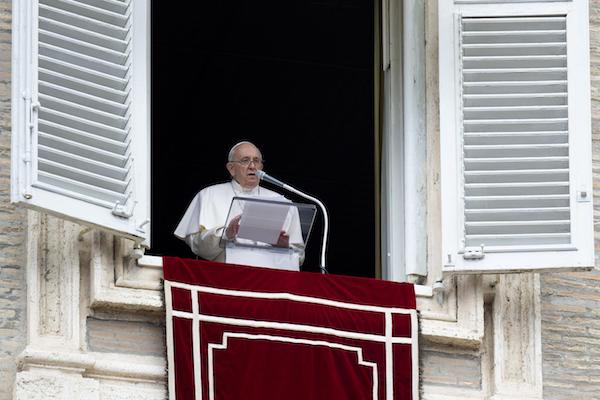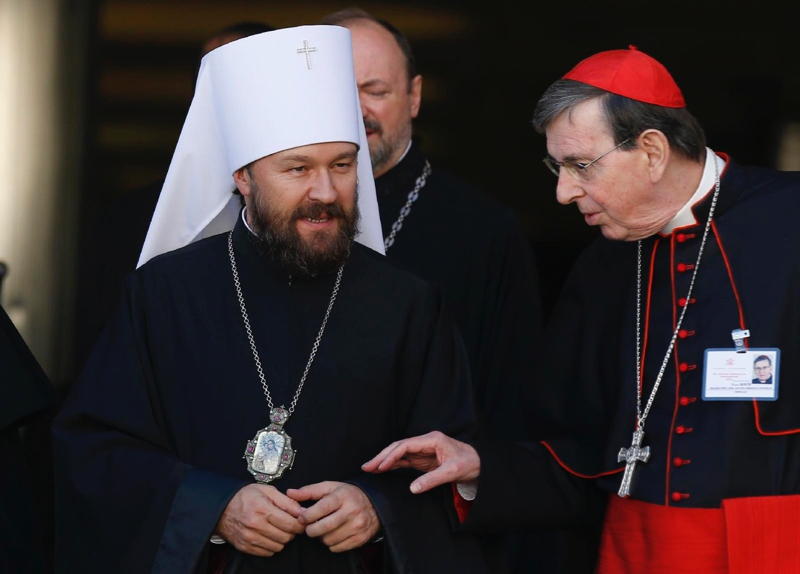The president of the Pontifical Council for Promoting Christian Unity, Cardinal Kurt Koch, has given an interview in which he says it is essential to keep up Catholic-Orthodox dialogue and re-discover consensus with the Russian Orthodox Church.
The interview with domradio.de on 28 April was conducted in the context of the war in Ukraine, in which Orthodox Patriarch Kirill has given his full support to the Russian war effort.
“Today Christians are fighting Christians and even Orthodox are fighting Orthodox. That is a terrible message for Christianity the world over,” Koch said.
In Catholic-Orthodox dialogue the time had now come, he said, to discuss an important but neglected issue – namely the question of the different relationship between Church and state in the Catholic West and the Orthodox East.
“We in the West have a completely different concept. We have had to learn that separating Church and state but at the same time forming a partnership between the two is the most adequate relationship. But that is a concept the Orthodox Church is not acquainted with. It talks of the ‘symphony’ between church and state.”
However, one must never break off a dialogue, Koch concluded, as it was the only way one could bring in one’s own position.
The gap this dialogue must bridge is well illustrated in a sermon delivered by Patriarch Kirill on 3 April in the Cathedral of the Armed Forces, 30 miles outside Moscow. The vast imagery of this cathedral blends militarism, patriotism and Orthodox Christianity. Archangels lead armies. A monumental Christ is depicted wielding a sword.
Soviet Russia’s 1945 victory over Nazi Germany in the Great Patriotic War is the overriding focus, but in the context of 1,000 years of Russian military achievement and sacrifice.
The church-state “symphony” is encapsulated in Kirill’s 3 April sermon: “Today the word ‘independence’ is often applied to almost all countries of the world. But this is wrong, because most of the countries of the world are now under the colossal influence of one force, which today, unfortunately, opposes the force of our people,” Kirill said.
“All of our people must understand that a special time has come, on which the historical fate of our people may depend. That is why today I celebrated the Divine Liturgy right here, in this church, in order to meet first of all with representatives of our armed forces … all the defenders of the Fatherland, so that they realise the historical importance of the present moment.
“We are a peace-loving country and a very peace-loving, long-suffering people who suffered from wars like few other European nations. We have no desire for war or for doing something that could harm others. But we have been so educated by our entire history that we love our Fatherland and will be ready to defend it in the way that only Russians can defend their country.”
The Armed Forces were instructed; the West was warned.



 Loading ...
Loading ...